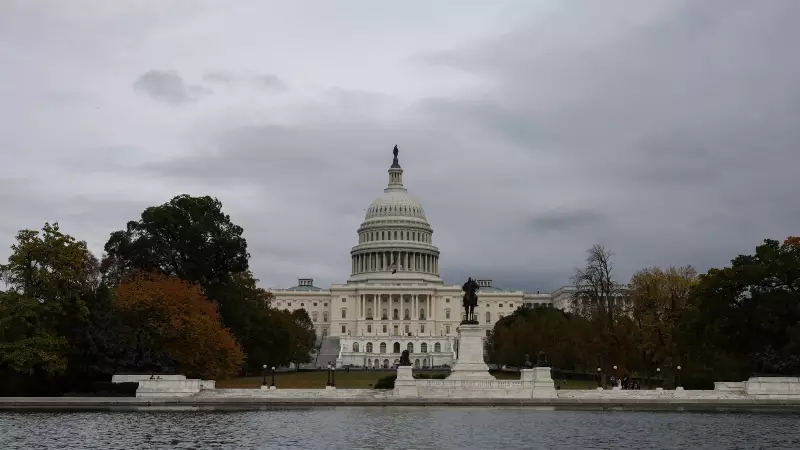
The United States economy has essentially vanished from public view as the ongoing government shutdown forces federal agencies to suspend the release of all crucial economic data. This unprecedented information blackout leaves investors, businesses, and policymakers operating in complete darkness about the health of the world's largest economy.
Critical Economic Indicators Suddenly Vanish
Several key reports that markets and economists rely on have been abruptly halted, including:
- Unemployment and jobs data from the Bureau of Labor Statistics
- Inflation figures including the Consumer Price Index (CPI)
- Retail sales numbers tracking consumer spending patterns
- Housing market statistics and construction data
- International trade figures and manufacturing reports
Federal Reserve Flying Blind on Interest Rates
The timing couldn't be worse for the Federal Reserve, which depends on this steady stream of economic intelligence to make informed decisions about interest rates. With their primary data sources suddenly cut off, Fed officials are essentially making critical monetary policy decisions without access to the most current economic readings.
"We're making billion-dollar decisions based on incomplete information," one anonymous Wall Street analyst commented. "It's like trying to navigate through thick fog without any instruments."
Global Markets Left Guessing
The data vacuum creates significant risks for global financial markets that traditionally look to US economic indicators for direction. International investors and central banks are now forced to rely on private sector data and estimates, which lack the comprehensiveness and reliability of official government statistics.
When Will the Lights Come Back On?
There's no clear timeline for when economic data releases might resume. Federal agencies have indicated that once funding is restored, they'll need time to catch up on data collection and processing. This means even after the shutdown ends, there could be significant delays before normal reporting schedules resume.
The longer this information blackout continues, the greater the potential for market volatility and economic miscalculations that could affect not just America but the entire global economy.





